The simple fact about personal finance is that managing your money requires a bit of math. Sorry.
In truth, most of the math is easy and obvious, though some of it can seem complex when you must make comparisons between, say, buying a car and taking the rebate or the 0% financing, or leasing the vehicle instead. With some of it, like gauging your potential financial needs for retirement or gauging the costs of college eighteen years from nowwell, it's sometimes hard to even know where to begin.
Thus, this workbook. These pages are designed to complement a companion book, The Wall Street Journal Complete Personal Finance Guidebook, a thorough primer for understanding and taking control of every aspect of your personal financial life. That said, this workbook is written to stand on its own for those who already have a working knowledge of personal finance and just want a resource to help calculate, for instance, when it makes sense to refinance your home or how to comparison-shop for the best mortgage. Along with various worksheets and formulas designed to make the math part of personal finance easier, a variety of tips are interspersed throughout to help you make better decisions when spending, saving, and investing your limited resources. Also, given that we live in the Internet age, interactive versions of the worksheets can be found online at www.WSJ.com/BookTools.
This workbook is divided into two broad sections: Building Your Financial Base and Building Your Assets. The first section tackles what we'll call domestic financeall that money stuff that happens in the home: creating a budget, balancing a checkbook, managing your debt, and protecting your family's assets with life insurance. In that section you'll also find help planning for college and planning for the worstthe possibility that bad things happen that require you to tap into emergency savings or which demand you produce a full and immediate accounting of the possessions in your home. You'll also learn how to determine in your situation the smartest method for acquiring a car.
The second section pulls apart what you need to know about investing, everything from buying stocks through a brokerage firm to determining the right type of annuity for you and your family. In between you'll find worksheets that will help you gauge your own tolerance for risk, and a rundown of the terms and formulas that Wall Street employs. The Building Your Assets section is largely structured around putting together a well-diversified portfolio in your retirement savings accounts, since preparing for retirement is the most significant investment purpose most readers will have.
To paraphrase Woody Allen's famous claim that 90% of success is just showing up: 90% of financial success is just trying. You don't need to be a certified financial planner; you don't need to be a chartered financial analyst. You don't need to be a mutual-fund portfolio manager or a Wall Street investment banker. You don't even need a degree in finance to manage your own money.
All you need you already have: a desire to know and a workbook to lead the way.
Oh, and of course, a little math, which we're going to help you with.

 yramids all start the same: a solid base on which to build the rest of the structure. Personal finance is no different. Sure, you can start at the top, throwing your money into investments like stocks and bonds and annuities, hoping that will turn a few dollars into a fortune so large you don't need to worry about all those niggling financial matters like balancing your checkbook and saving. Or you wake up from the dream and start at the beginning. Even the superwealthy plan their finances and pay attention to the basics. That's how many of them became rich in the first place.
yramids all start the same: a solid base on which to build the rest of the structure. Personal finance is no different. Sure, you can start at the top, throwing your money into investments like stocks and bonds and annuities, hoping that will turn a few dollars into a fortune so large you don't need to worry about all those niggling financial matters like balancing your checkbook and saving. Or you wake up from the dream and start at the beginning. Even the superwealthy plan their finances and pay attention to the basics. That's how many of them became rich in the first place.
Neither wealth, however you define that, nor financial security happens overnight. Yes, there are a number of people who win lotteries and suddenly come into instant riches. And many of them end up spending or wasting most of their winnings; some even end up in bankruptcy court. For you see, financial success has nothing to do with having a lot of money; it's about having a lot of success managing the money you do have. You can make $100,000 a year and live paycheck to paycheck and on the brink of insolvency because you can't manage your spending and you have no idea how to save (and many, many people are in this position). Similarly, you can earn $40,000 and know without question that you are financially secure and solvent, and that you have adequate savings to help cover a rainy day as well as your retirement some day (and there are many, many people in this position, too).
Those who know success built a solid base early on. And they know that base begins with that most dreaded of words in personal finance: budget.
 ave you ever driven from Mount Sterling, Utah, to Dixville Notch, New Hampshire? Do you even know how to begin planning that route? If you're fairly fluent with the points on a compass, you could probably wind your way out of the Wasatch Mountains and head in the general direction of the East Coast, but you'd likely have a challenging time with the finer points of efficiently finding your way to Dixville Notch in the far northern tip of New Hampshire.
ave you ever driven from Mount Sterling, Utah, to Dixville Notch, New Hampshire? Do you even know how to begin planning that route? If you're fairly fluent with the points on a compass, you could probably wind your way out of the Wasatch Mountains and head in the general direction of the East Coast, but you'd likely have a challenging time with the finer points of efficiently finding your way to Dixville Notch in the far northern tip of New Hampshire.
A road map would offer immense utility.
In many ways, budgeting is the roadmap to your finances. After all, moving in generally the right direction is fairly easy, but it doesn't necessarily get you to where you think you're going. You know you have to set aside enough money from each paycheck to pay the bills, and you know you're supposed to save something, if you can, for that proverbial rainy day. For a lot of people, that defines the extent of their budgetingspend what you need; save what you can.


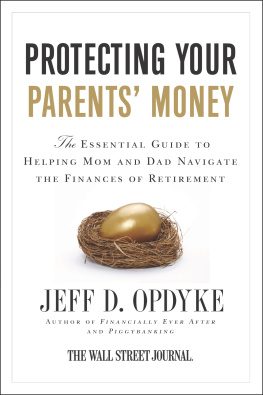
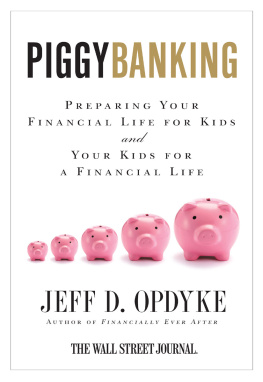
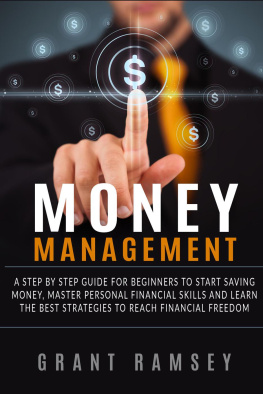
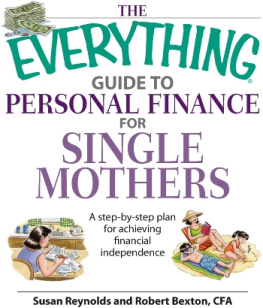
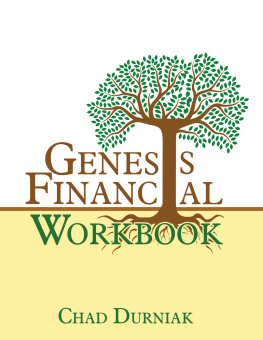
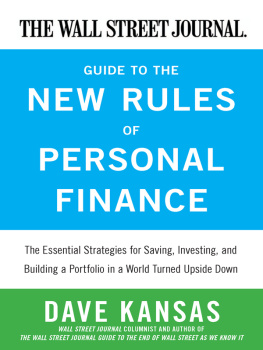
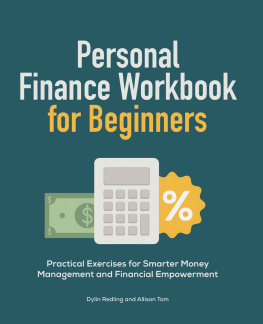

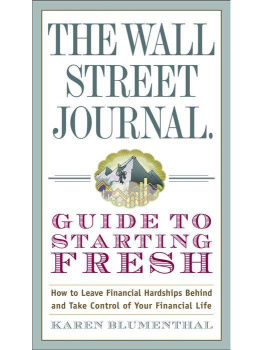
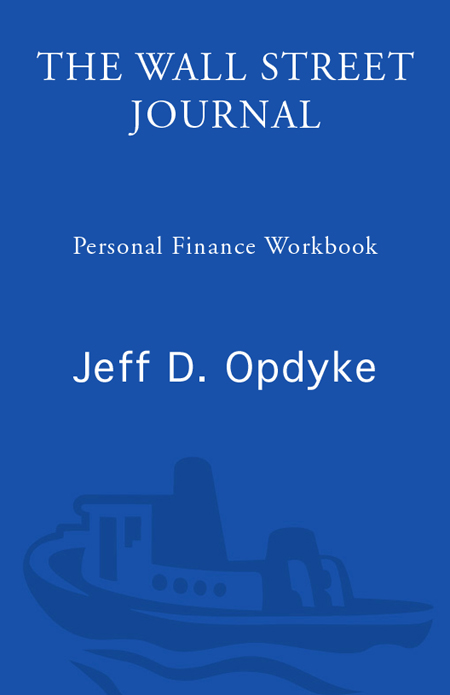
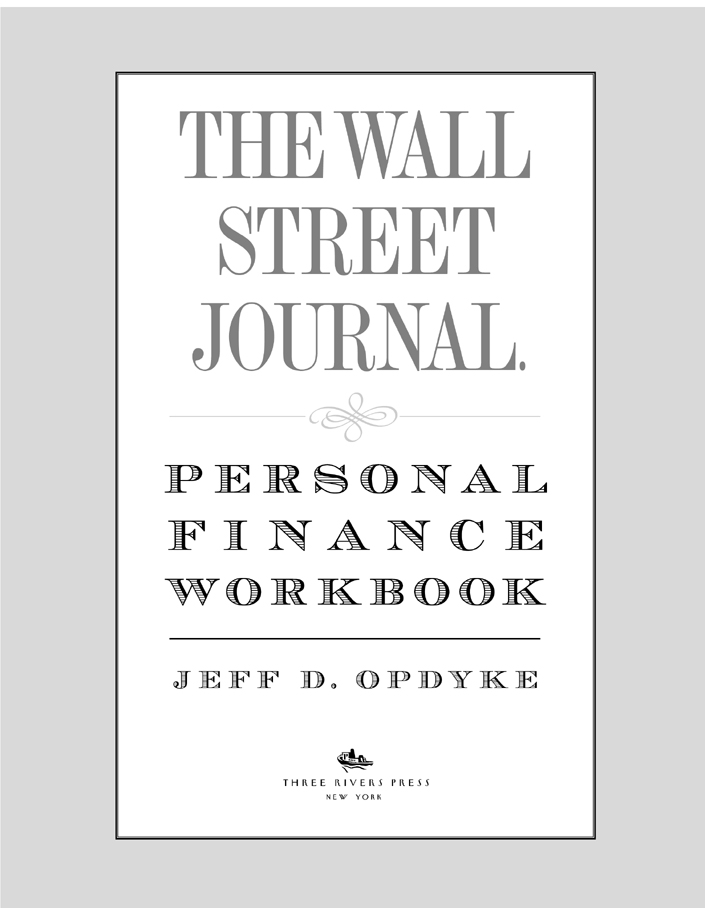


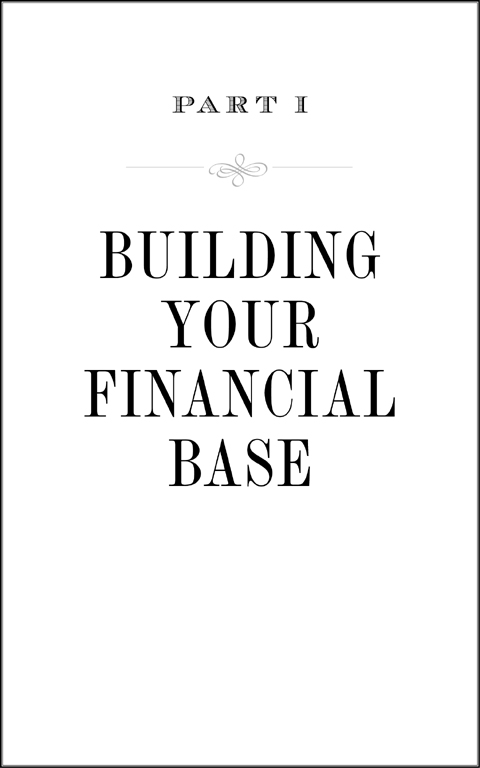

 yramids all start the same: a solid base on which to build the rest of the structure. Personal finance is no different. Sure, you can start at the top, throwing your money into investments like stocks and bonds and annuities, hoping that will turn a few dollars into a fortune so large you don't need to worry about all those niggling financial matters like balancing your checkbook and saving. Or you wake up from the dream and start at the beginning. Even the superwealthy plan their finances and pay attention to the basics. That's how many of them became rich in the first place.
yramids all start the same: a solid base on which to build the rest of the structure. Personal finance is no different. Sure, you can start at the top, throwing your money into investments like stocks and bonds and annuities, hoping that will turn a few dollars into a fortune so large you don't need to worry about all those niggling financial matters like balancing your checkbook and saving. Or you wake up from the dream and start at the beginning. Even the superwealthy plan their finances and pay attention to the basics. That's how many of them became rich in the first place.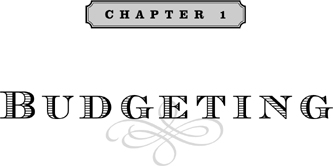
 ave you ever driven from Mount Sterling, Utah, to Dixville Notch, New Hampshire? Do you even know how to begin planning that route? If you're fairly fluent with the points on a compass, you could probably wind your way out of the Wasatch Mountains and head in the general direction of the East Coast, but you'd likely have a challenging time with the finer points of efficiently finding your way to Dixville Notch in the far northern tip of New Hampshire.
ave you ever driven from Mount Sterling, Utah, to Dixville Notch, New Hampshire? Do you even know how to begin planning that route? If you're fairly fluent with the points on a compass, you could probably wind your way out of the Wasatch Mountains and head in the general direction of the East Coast, but you'd likely have a challenging time with the finer points of efficiently finding your way to Dixville Notch in the far northern tip of New Hampshire.